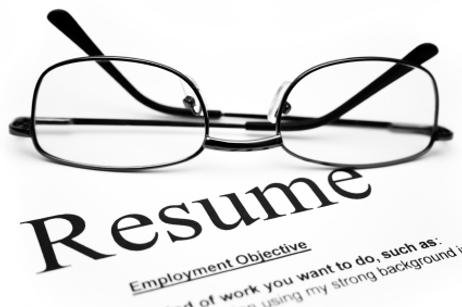How to Apply for a Private School Job
If you haven't applied for any job in a couple of years, be aware of two things.
- First of all, you can do most job applications online.
- Secondly, applying for a private school job is similar to applying for a public school teaching job, although there are some subtle differences.
Review the job application process carefully.
- Don't assume everything is the same as when you last applied for a job. It won't be.
- The most significant change is the online application process.
Canva generated this picture of a teacher at her computer.

The Application Process
Most employers, including private schools, will expect you to apply online these days. They do this so that they can screen applications.
- Years ago, an administrative assistant or secretary screened snail-mailed job applications. That involved opening envelopes and sorting the applications.
- Occasionally, the assistant screened the applications to ensure that all requested materials had been sent.
- At some point, the pile of applications and cover letters ended up on the desk of the person charged with filling the job opening.
This process could take a couple of hours or even longer. That depended on the number of applications received.
- Nowadays, the screening process can be done by the staff member who is looking to fill the position.
- Viewing the online responses to an open position is very simple, fast, and convenient.
- Furthermore, you


































